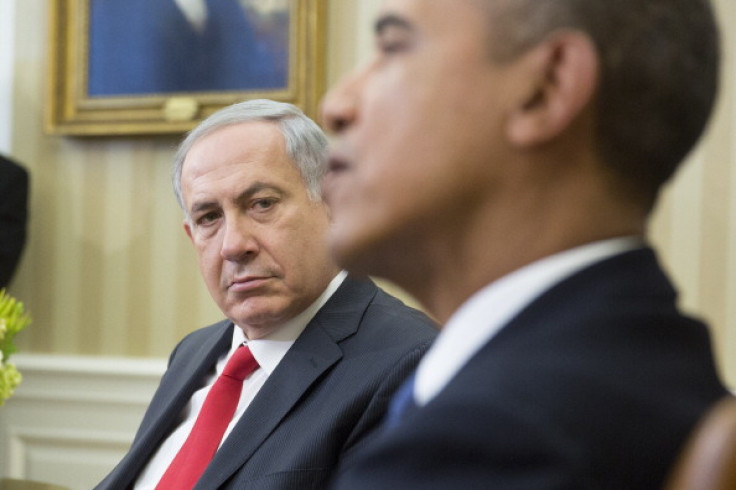Netanyahu-Mossad rift over US Congress bill imposing Iranian sanctions

A huge rift has emerged between Israeli prime minister Benjamin Netanyahu and the country's intelligence agency Mossad after a report alleged that the latter urged US senators to vote against a new Iran sanctions bill over its nuclear programme.
Mossad chief Tamir Pardo was forced to issue a rare denial of Bloomberg View reports that he opposed imposing additional sanctions on Iran at a meeting with a delegation of senators, on the basis that it would negatively affect the nuclear negotiations with the so-called P5+1 countries.
Netanyahu is a strong supporter of the bipartisan bill, which is penned by Republican Mark Kirk and Democrat Robert Menendez.
"The Head of Mossad emphasised in the meeting that the exceptional effectiveness of the sanctions imposed on Iran in recent years are what brought Iran to the negotiating table," Pardo said.
According to Bloomberg View report, Secretary of State John Kerry said that an unnamed Israeli intelligence official had said the new sanctions bill would be "like throwing a grenade into the process".
A Republican senator who was at the meeting with Pardo, John Barrasso, said: ""We met with a number of government officials from many different parts of the [Israeli] government. There's not a uniform view there."
Obama has threatened to veto the Kirk-Menendez bill if it passes Congress.
House speaker John Boehner has announced that Netanyahu accepted the invitation to address the Congress at a joint session.
"Israeli PM office confirmed that Netanyahu accepted Boehner invitation to speak in front of a joint session of congress in the beginning of March."
Meanwhile, top diplomats from Germany, France, the UK and the European Union are asking the Congress to avoid passing new legislation imposing sanctions on Iran.
French foreign minister Laurent Fabius, UK Foreign Secretary Philip Hammond, German Foreign Minister Frank-Walter Steinmeier and EU high representative for foreign affairs Federica Mogherini said on an op-ed published in the Washington POst that a new bill would give Iranian opponents of a nuclear deal "new arguments" for subterfuge.
"Our responsibility is to make sure diplomacy is given the best possible chance to succeed. Maintaining pressure on Iran through our existing sanctions is essential. But introducing new hurdles at this critical stage of the negotiations, including through additional nuclear-related sanctions legislation on Iran, would jeopardize our efforts."
"Rather than strengthening our negotiating position," they add, "new sanctions legislation at this point would set us back."
© Copyright IBTimes 2024. All rights reserved.






